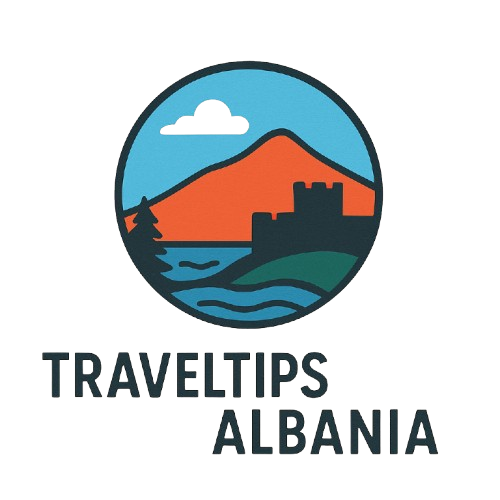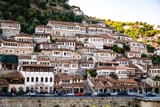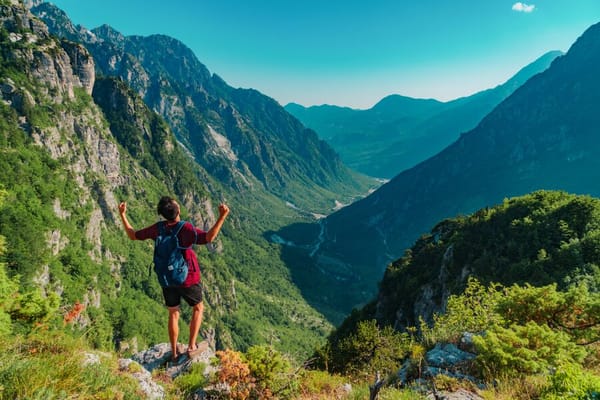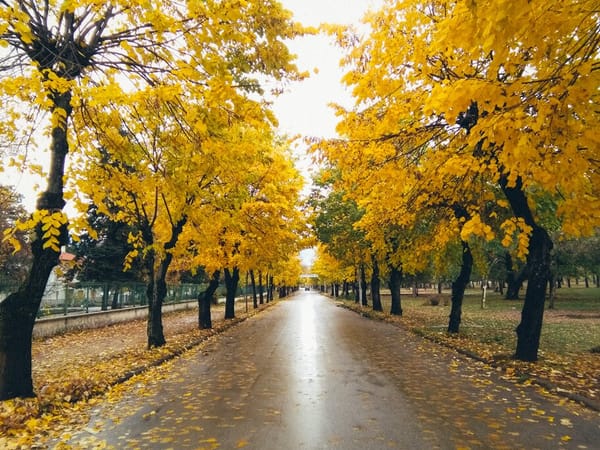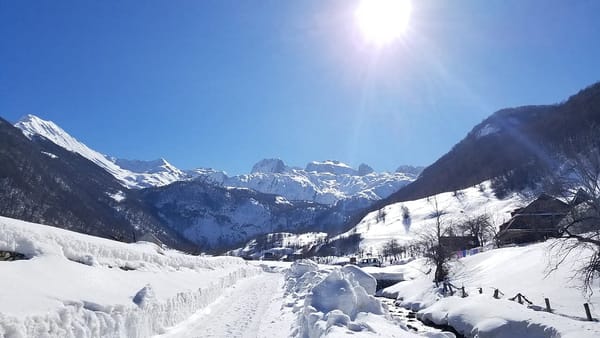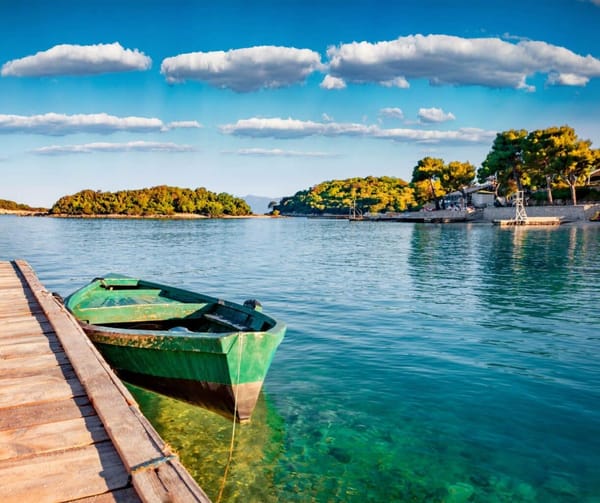Albania travel tips
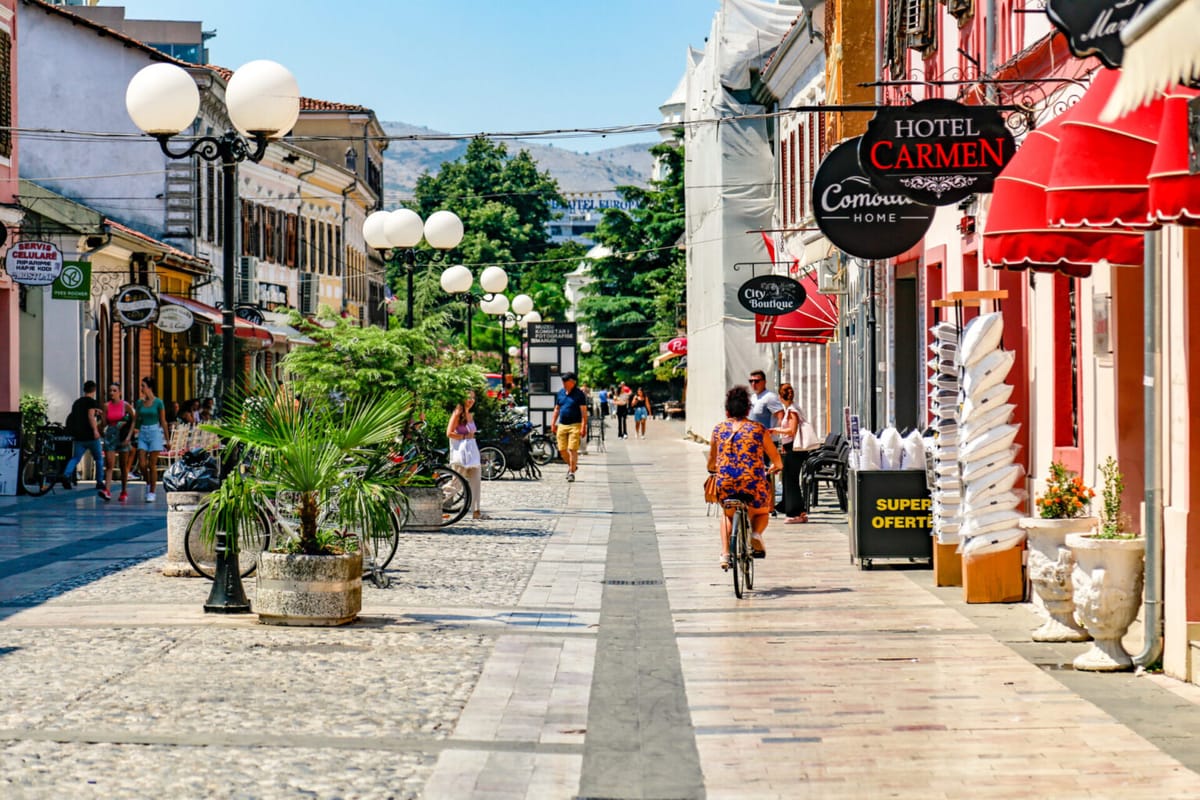
Albania offers stunning beaches, historic cities, and dramatic mountains, making it an increasingly popular and affordable European destination. Visitors are often struck by the genuine hospitality of the Albanian people.
Best time to visit
The shoulder seasons of May–June and September–October offer the most balanced experience, with mild weather and fewer crowds than the busy summer months.
- Summer (July–August): Ideal for beach lovers, but expect high temperatures, crowds, and higher prices, especially on the Albanian Riviera.
- Winter (December–February): Best for budget travelers, skiing in the north, and visiting cities like Tirana.
What to pack
- Layers: Include a raincoat for the spring and fall shoulder seasons, as the weather can be unpredictable.
- Hiking gear: If you plan to hike in the mountains, prepare for varying conditions, even in summer.
- Modest clothing: Pack clothes that cover your knees and shoulders for visiting religious sites.
- Refillable water bottle: While tap water in cities is often treated, it is not considered safe to drink across the country, so bottled water is recommended.
Know before you go
- Safety: Albania is generally safe for tourists, and violent crime is rare. However, be aware of petty theft in crowded tourist areas. Take extra caution when driving, as roads can be challenging.
- Entry requirements: Many nationalities, including EU, UK, and US citizens, can enter Albania visa-free for short stays (typically 90 days). It's best to confirm the latest rules with your local embassy.
- "Yes" and "No": In a confusing local custom, Albanians may shake their head for "yes" and nod for "no". Younger generations are increasingly adopting international norms, which can add to the confusion.
Money and Currency
- The local currency is the Albanian Lek (ALL).
- Euros are widely accepted in tourist areas and major cities, but you might lose out on the exchange rate.
- Always pay in the local currency when using ATMs for a fairer rate.
Payments and cash
- Cash is king, especially outside of major cities. Many restaurants, small shops, and furgons (minibuses) only accept cash.
- ATMs are available in cities, but they often charge high withdrawal fees.
- Credit card fraud can occur, so be vigilant and use ATMs located inside banks if possible.
- Tipping around 10% is appreciated for good service.
Getting around Albania Public transport
- Buses and furgons: The cheapest way to travel between cities. Services are widespread but can be unreliable and have no fixed timetable.
- Furgons (minibuses): These privately owned vans often wait until they are full before departing.
Driving and car rental
- Car rental: Renting a car is the best way to explore the country's diverse landscape independently. Use a reliable company and consider a 4x4 for more rural areas. Our suggestion: RentX. This is a car rental marketplace, where different local dealers list their cars and you can book directly from platform. Check the insurance information and the renting guide before you book.
- Aggressive drivers: Drive defensively, as Albanian drivers can be reckless and don't always follow traffic laws.
- Road conditions: While major roads are improving, secondary roads can be poorly maintained. Be aware of pedestrians, stray livestock, and other road hazards.
Things to do
Explore ancient history
- Butrint: Visit this UNESCO World Heritage Site with ruins from Greek, Roman, and Venetian civilizations.
- Berat: Discover the "City of a Thousand Windows" and its Ottoman architecture.
- Gjirokastër: Explore another UNESCO-listed "stone city," home to a medieval castle and historic houses.
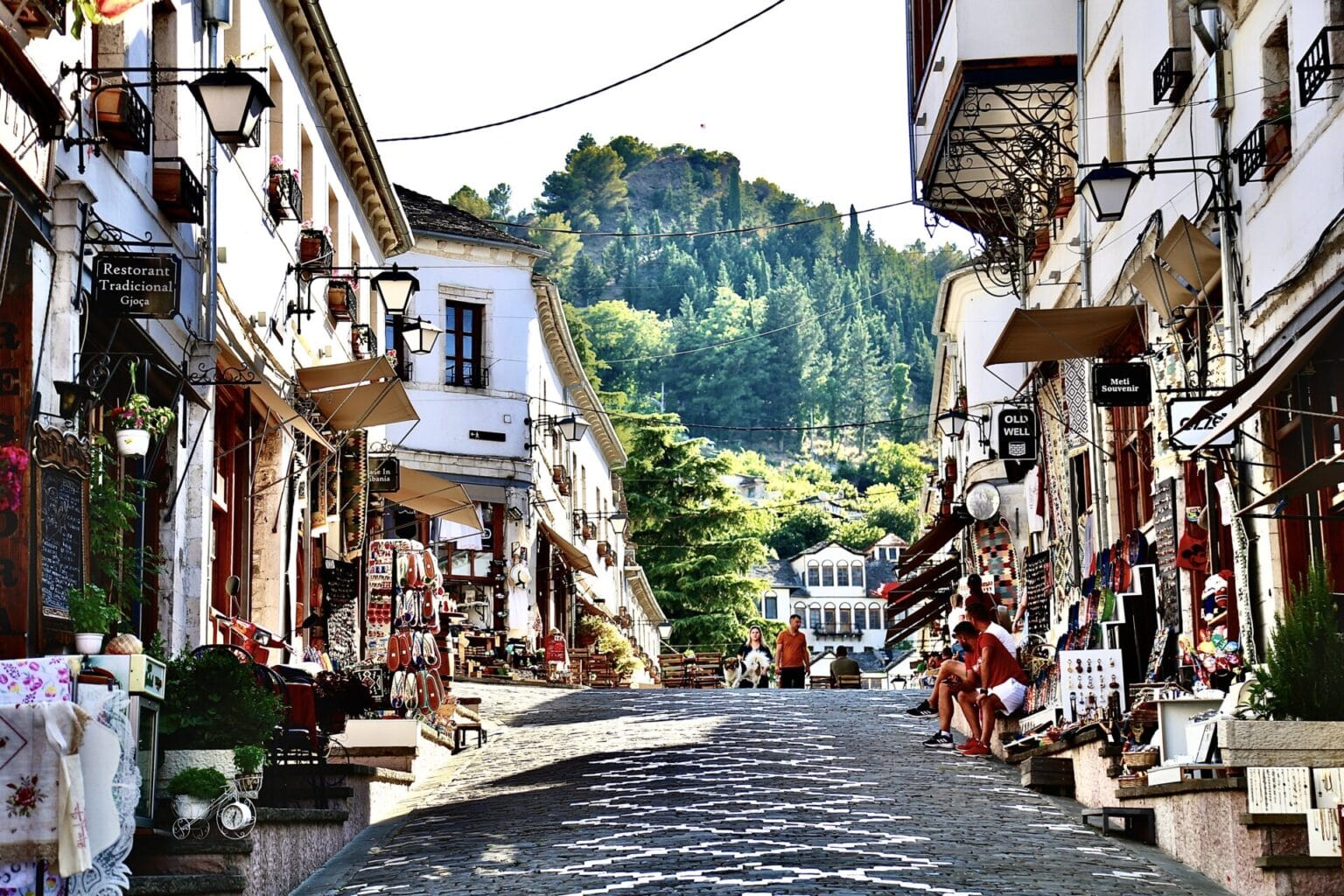
Experience nature
- Albanian Alps: Go hiking in scenic areas like Theth and Valbonë. Some remote trails may require a guide.
- Albanian Riviera: Relax on the stunning beaches of Ksamil, Himara, and Dhërmi.
- Lake Ohrid: Visit Pogradec on the lake, especially during the summer.
Enjoy the culture
- Tirana: Experience the vibrant capital, explore the trendy Blloku district, visit the Bunk'Art museums, and enjoy the robust coffee culture.
- Hospitality: Accept offers of food and coffee from locals as a sign of respect and honor, a tradition called "Besa".
- Cuisine: Try local dishes like tavë kosi (baked lamb and yogurt), byrek (savory pastry), and raki (a strong liquor).
